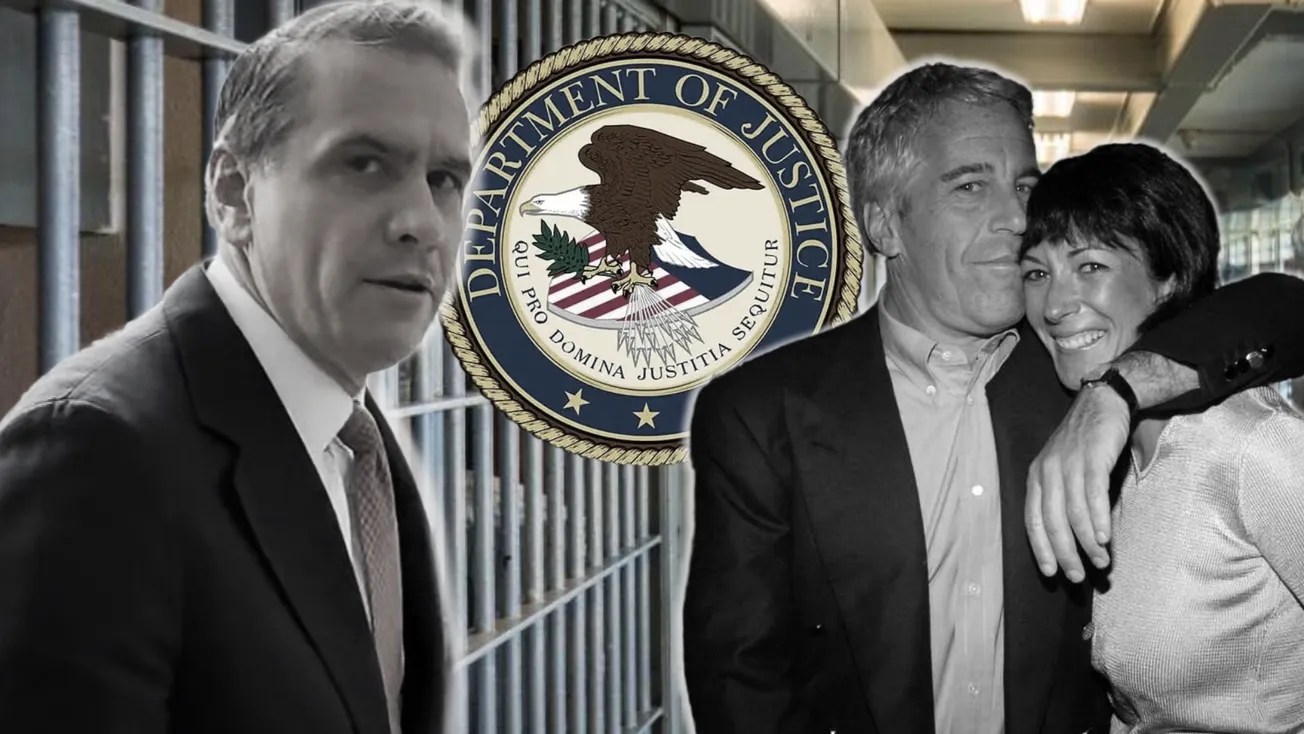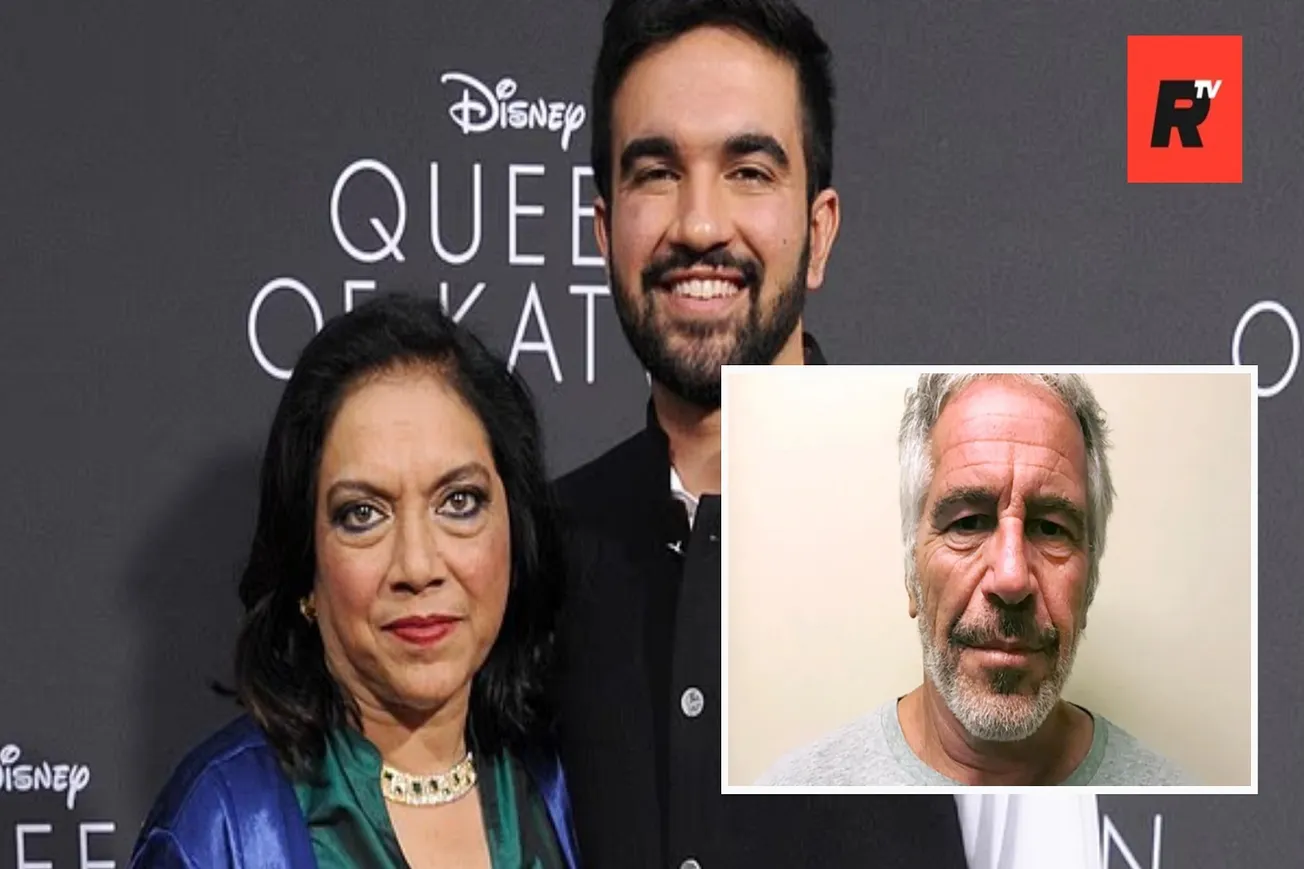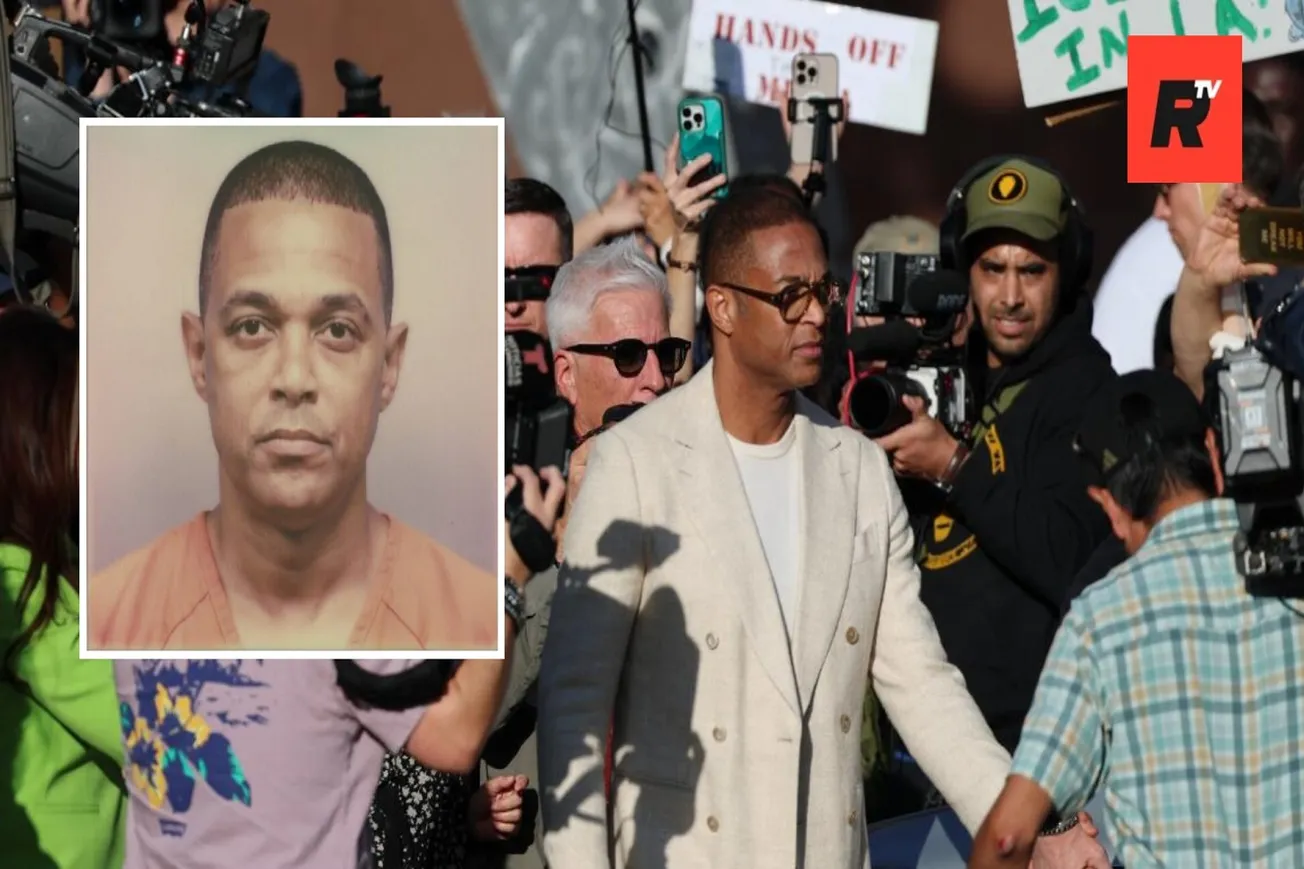Table of Contents
Ghislaine Maxwell, the convicted sex trafficker and longtime accomplice of Jeffrey Epstein, is at the center of the political firestorm as Congress demands her testimony and the Justice Department meets with her.
But will she speak, or will she plead the Fifth? And what does this mean for the powerful figures whose names swirl in the Epstein files?

House Oversight Committee Chairman James Comer issued a subpoena to Maxwell on Wednesday, compelling her to testify on August 11 at the Federal Correctional Institution in Tallahassee, Florida, where she is serving a 20-year sentence for her role in Epstein’s crimes.
🚨 I have issued a subpoena to Ghislaine Maxwell for a deposition to occur at Federal Correctional Institution Tallahassee on August 11, 2025.
— Rep. James Comer (@RepJamesComer) July 23, 2025
The Department of Justice is cooperating and will help facilitate the deposition at the prison. pic.twitter.com/N0J6Gul37g
The subpoena, approved unanimously by a House Oversight subcommittee, signals bipartisan urgency to uncover more about Epstein’s network, with some Republicans defying party leadership to push for transparency.
Meanwhile, Deputy Attorney General Todd Blanche is currently in a meeting with Maxwell, a move confirmed by sources to CNN, as the Trump administration faces mounting pressure to release long-withheld Epstein files.
BREAKING: Ghislaine Maxwell currently in meeting with Deputy Attorney General Todd Blanche pic.twitter.com/49o1SGinQh
— Breaking911 (@Breaking911) July 24, 2025
Adding fuel to the fire, the House Oversight Committee also voted 8-2 to subpoena the Justice Department for Epstein-related documents, including communications involving former Biden administration officials and depositions from high-profile figures like former President Bill Clinton, former Secretary of State Hillary Clinton, and former FBI Director James Comey.

This push for records, which demands victim names be redacted, reflects growing frustration with the Justice Department’s handling of the case, especially after Attorney General Pam Bondi revealed in May that President Donald Trump’s name appears in the files, though the context remains unclear.
A Florida judge’s rejection of the DOJ’s request to unseal grand jury transcripts from Epstein’s 2005-2007 investigations, coupled with a similar pending request in New York, has only deepened the public’s distrust.
In the Senate, Democrats led by New Jersey Senator Cory Booker attempted to force action by tying Epstein-related language to an unrelated opioid bill, but Republicans, including Senate Judiciary Committee Chairman Chuck Grassley, blocked the move, arguing it would derail critical legislation.

Booker accused Republicans of obstructing transparency.
"What Sen. Cornyn did today was to block the truth," Booker told Senate Judiciary Committee after the failed attempt to tie Epstein disclosures to the opioid bill.
Maxwell’s attorney, David Oscar Markus, has indicated she may provide new evidence of government misconduct from her 2021 trial, as confirmed by her brother, Ian Maxwell, to Fox News Digital.
Markus, told the Daily Beast that his client’s willingness to testify hinges on her meeting with the Justice Department, emphasizing her commitment to truth—if she chooses to speak at all.
"If Ms. Maxwell agrees to testify before Congress and not take the 5th—and that remains a big if—she would testify truthfully, as she always has said she would and as she will with Mr. Blanche. The truth should not be feared or preemptively dismissed. No previous prosecutor from the Southern District of New York or elsewhere has had the courage to meet with Ms. Maxwell and ask her these important questions," Markus said. "So we are grateful to Mr. Blanche and his DOJ that they are approaching this with an open mind. That’s how our system is supposed to work. As for the Congressional subpoena, Ms. Maxwell is taking this one step at a time. She looks forward to her meeting with the Department of Justice, and that discussion will help inform how she proceeds."
Markus’s statement underscores Maxwell’s cautious approach, leaving open the possibility that she might invoke her Fifth Amendment right to avoid self-incrimination.
Yet, House Speaker Mike Johnson has raised doubts about Maxwell’s credibility, questioning whether her testimony can be trusted given her conviction and potential hopes for a presidential pardon.
"I will note the obvious concern, the caveat that Chairman Comer and I and everyone has that, can she be counted on to tell the truth? Is she a credible witness?” Johnson questioned Tuesday when asked if he supports the panel’s move. "I mean, this is a person who’s been sentenced to many, many years in prison for terrible, unspeakable, conspiratorial acts. Acts against innocent young people."
He continued, asking: “Can we trust what she’s gonna say, even if she raises her hand and says that she’ll testify under oath?”
“Is that something that can be trusted? You know, that’s a reasonable question. Is that credible evidence?” he added. “I don’t know, but we’ll have to see. We have to, you know, uncover everything that we can and let the American people evaluate.”
The specter of Epstein’s 2019 death in a New York jail cell—ruled a suicide but still fueling conspiracy theories—looms large, with GOP Representative Scott Perry urging the Bureau of Prisons to ensure Maxwell’s safety ahead of her deposition.
House Oversight Chairman James Comer is moving swiftly to secure answers, telling reporters he’s ready to act on the subcommittee’s vote to subpoena the Justice Department and key figures, signaling a bipartisan push for accountability.
"We are going to move quickly on that. I told Speaker Johnson last week, if we were in session this week, that Republicans on the Oversight Committee were going to move to be more aggressive in trying to get transparency with Epstein file."
Maxwell’s subpoena and her impending meeting with the Justice Department mark a pivotal moment, but the questions are piling up faster than the answers.
Will Maxwell speak candidly, or will she shield herself with the Fifth? Can her testimony, if given, be trusted, given her conviction and the shadow of a potential pardon?

And what of the Epstein files themselves—will they ever see the light of day, or will judicial roadblocks and political maneuvering keep them buried?
The bipartisan push in the House, with Republicans like Nancy Mace and Scott Perry joining Democrats, shows a rare unity in demanding transparency, even as Senate Republicans pump the brakes.
The involvement of names like Bill and Hillary Clinton, James Comey, and others in the subpoenaed depositions raises the stakes, but it also risks turning this into a political circus.
Attorney General Pam Bondi’s claim of possessing a "client list," now contradicted by the DOJ’s assertion that no such list exists, only fuels the skepticism.
And then there’s the specter of Trump’s own connection to Epstein, a relationship he’s downplayed but which continues to haunt the discourse, especially after reports that his name appears in the files.
This is more than a scandal—it’s a test of our institutions. The public’s trust, already frayed by Epstein’s death and years of secrecy, hangs in the balance.





